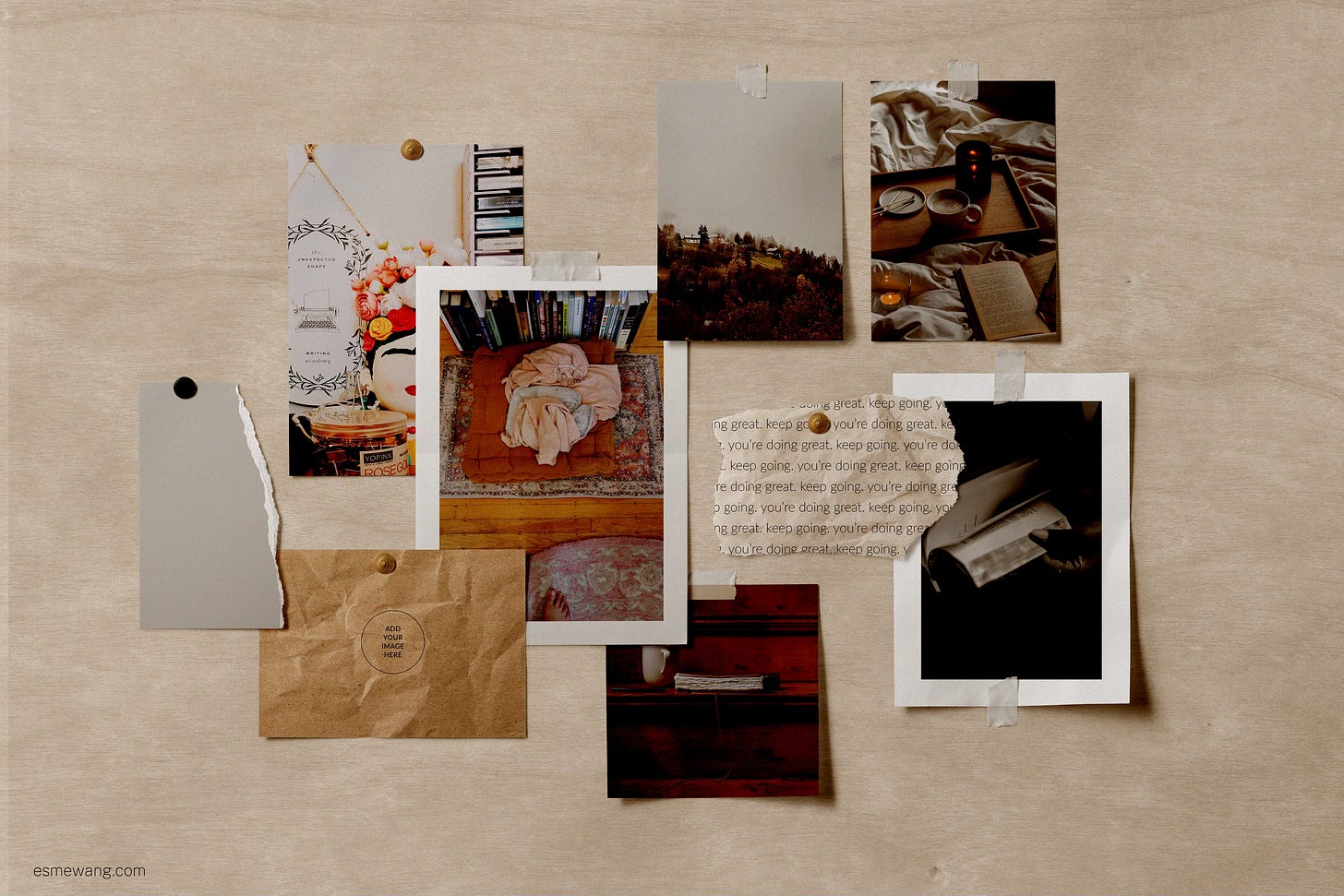Real Mental Health Care
what is "real mental health care," anyway?
Today is apparently “World Mental Health Care Day,” which also happens to be the day that I learned that my fraught attempts to be reassigned to a different psychiatrist via my headache-inducing HMO have finally resulted in giving me the psychiatrist I had years ago, before the pandemic began and the department shuttled me to an unfriendly, unsmiling man whom I can only describe as “bullying” and “unkind.” He is not worth my consideration, although I still fantasize about blowing up his spot in my next essay collection.
I often wonder what days like this are for—I mean, World Mental Health Care Day. Is it to remind us that mental health care is important? Most people I know are aware of this. But what we could use instead of awareness? Actual mental health care.
Having written a book about mental health issues, with one essay (“On the Ward”) about my experiences with involuntary psychiatric hospitalization, I am sometimes asked by interviewers what I think would be better than forced hospitalization. Or, better yet, how I would design an inpatient program. I can’t speak for everyone who has had the pleasure of being in a locked ward, but so much of what I have required in those times was to not be additionally traumatized. To not feel as though I were being jailed for a crime that I could not help but enact (the crime being: hallucinating, experiencing delusions, suffering so badly that I contemplated dying). In my reasonably-sized history of watching horror films, the most frightening movie I have ever watched is One Flew Over the Cuckoo’s Nest. I’ve only seen it once; I don’t plan on seeing it again. Give me Martyrs! Give me Saw or Hostel or Audition or the deepest dregs of the New French Extremity, rather than something that reminds me of long, wretched nights incarcerated in a place where spiral-bound notebooks are contraband and you’re trapped in your own bad brain without anything to ease it, except for perhaps group word games and the daily game of Is The Psychiatrist Going to Show Up Today Or Not? (hint: they will not).
What is so awful about mental health treatment is that there tends to be the undergirding sense that one is being punished for a terrible crime. If only you were a better person, you would not find yourself sitting in a foul-smelling “living room,” doped out of your mind on Zyprexa while other patients sexually harass you. I’ve never found inpatient hospitalization to do anything but exacerbate the hell going on in my own putrid brain.
(My BFF and I often refer the psychiatric facility that Andie McPhee, the love of Pacey Witter’s life before Joey Potter took that spot, lived in. It looked like a bed & breakfast! She even managed to cheat on Pacey at the facility with another lunatic, which I could not imagine pulling off at any of the facilities I’ve been in.)
So what does real mental health care look like? Community care, I’d imagine. Friendship. Calm voices and soothing aesthetics. I’m not saying that we can overall replace Clozapine with lavender sprigs and Sufjan Stevens albums, but a bit of beauty wouldn’t be so bad. It seems that crazy people are often expected to not care about beauty.
There have been times, since the last time I was inpatient, when I could have fairly been assessed as in need of inpatient hospitalization again. I’ve managed to stay away from it because I know it hasn’t worked for me. So: I seek out soothing environs. I make nests out of my quilts. I minimize stimuli. I tell the people around me that I’m having a hard time, and I hold on with my fingernails to what sanity I can manage to grasp.
None of this is to say that my bumper-bowling approach to mental health will save me from winding up on a ward again. I only hope that it does. I know that things would have to be nightmarishly bad—I know that I would have to see no alternative. Such is my own variety of real mental health care.
What about you? What does mental health care look like to you? Share in the comments—I’d love to know.
Introducing: The Book Proposal Kit
How does one go about writing a book proposal? What are agents and editors looking for in a book proposal that sells, resulting in bestselling books? Included in this kit are the following: a book proposal template, hourlong video class, and two sample, successful book proposals—putting you on the road to the book deal in your future.
"In two books and two agents, I have NEVER been schooled as hard or as well on the craft of writing an effective book proposal as I was by Esmé Weijun Wang. Esmé has an unfakeable passion for making practical, actionable information available to writers to ALL writers, at all career stages and backgrounds, living and working with all kinds of limitations. Her warm, inclusive teaching style offers a priceless act of service to the literary community.”
—LAURA G.






I love this essay - I’ve had tons of mental health stuff over the years but I always thought it’s so bizarre how depressing the places are that we send people who are depressed and distressed! I want mental health care on the beach with a great playlist in the background and friends around me.